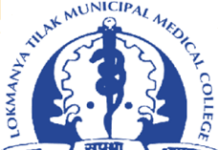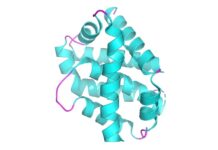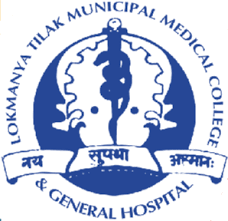In a major boost to public healthcare, civic-run Sion Hospital (Lokmanya Tilak Municipal General Hospital) is expanding its bone marrow transplant (BMT) facility to improve access to life-saving treatments for paediatric cancer and blood disorder patients.
Transplant Numbers to Jump from 24 to 100 Annually
Currently, the hospital conducts around 24 bone marrow transplants a year. However, with its upgraded infrastructure, Sion Hospital aims to perform nearly 100 BMTs annually within the next three months.
Dr Mohan Joshi, Dean of Sion Hospital, confirmed the expansion plan. “We will increase our BMT beds from two to eight. This will drastically reduce waiting times and ease the pressure on other overburdened centres,” he said.
Relief for Low-Income Families and Overcrowded Centres
Due to limited capacity, many patients were previously referred to Wadia Hospital and Tata Memorial Hospital, both of which have long waiting lists. The upgrade will particularly benefit children from underprivileged backgrounds, especially from nearby areas like Dharavi.
A doctor from Sion Hospital, requesting anonymity, said, “We often had no choice but to send patients elsewhere. This expansion will allow us to retain and treat more children in-house.”
Pioneering Public BMT Programme
Sion Hospital launched its BMT programme in 2015, becoming the first civic hospital in Mumbai to do so. While the service paused during the pandemic, it has now fully resumed.
Since inception, the hospital has completed 104 paediatric bone marrow transplants with a 93% success rate, according to Dr Radha Ghiladhial, head of the paediatrics department.
Curative Hope for Blood Disorders
BMT is often the only curative option for conditions like thalassemia major and leukaemia. Dr Ghiladhial explained, “We use chemotherapy to destroy diseased marrow before infusing healthy stem cells from a matched donor. Post-procedure, patients stay in sterile isolation to prevent infections.”
Without a timely transplant, children face lifelong transfusions, which can result in iron overload and serious organ damage.
Affordable Care Versus Private Sector Costs
Private hospitals charge anywhere between ₹25 lakh and ₹30 lakh for a BMT—an unthinkable cost for most low-income families.
“At Sion, the transplant is virtually free,” said Dr Joshi. “With the help of government health schemes, donor funds, and NGO support, most families pay no more than ₹30,000–₹35,000.”
Real-Life Impact: Imran’s Story
Eight-year-old Imran Shaikh from Dharavi is one of the many children whose lives were transformed by Sion’s BMT unit. Diagnosed with thalassemia major at age two, he required monthly transfusions.
After a six-month wait, he received a successful transplant in 2023. “Sion Hospital didn’t just treat him—they gave him his life back,” said his mother, Fatema. “We received constant support and guidance throughout.”
Foundation-Funded Infrastructure Upgrade
As reported by Hindustan Times, the MKH Foundation is fully funding the BMT facility’s expansion. It has signed an MoU with the hospital to provide all necessary capital for infrastructure, including:
- HEPA-filtered isolation rooms
- Laminar airflow units
- Sterile equipment for infection control
This upgrade will transform Sion into a model for paediatric transplant programmes in India’s public healthcare system.
A New Chapter for Public Paediatric Cancer Care
Once complete, the expanded BMT facility will significantly improve treatment equity and access for vulnerable families. It will also reinforce Sion Hospital’s status as a leader in paediatric transplant care within India’s public health network.
























